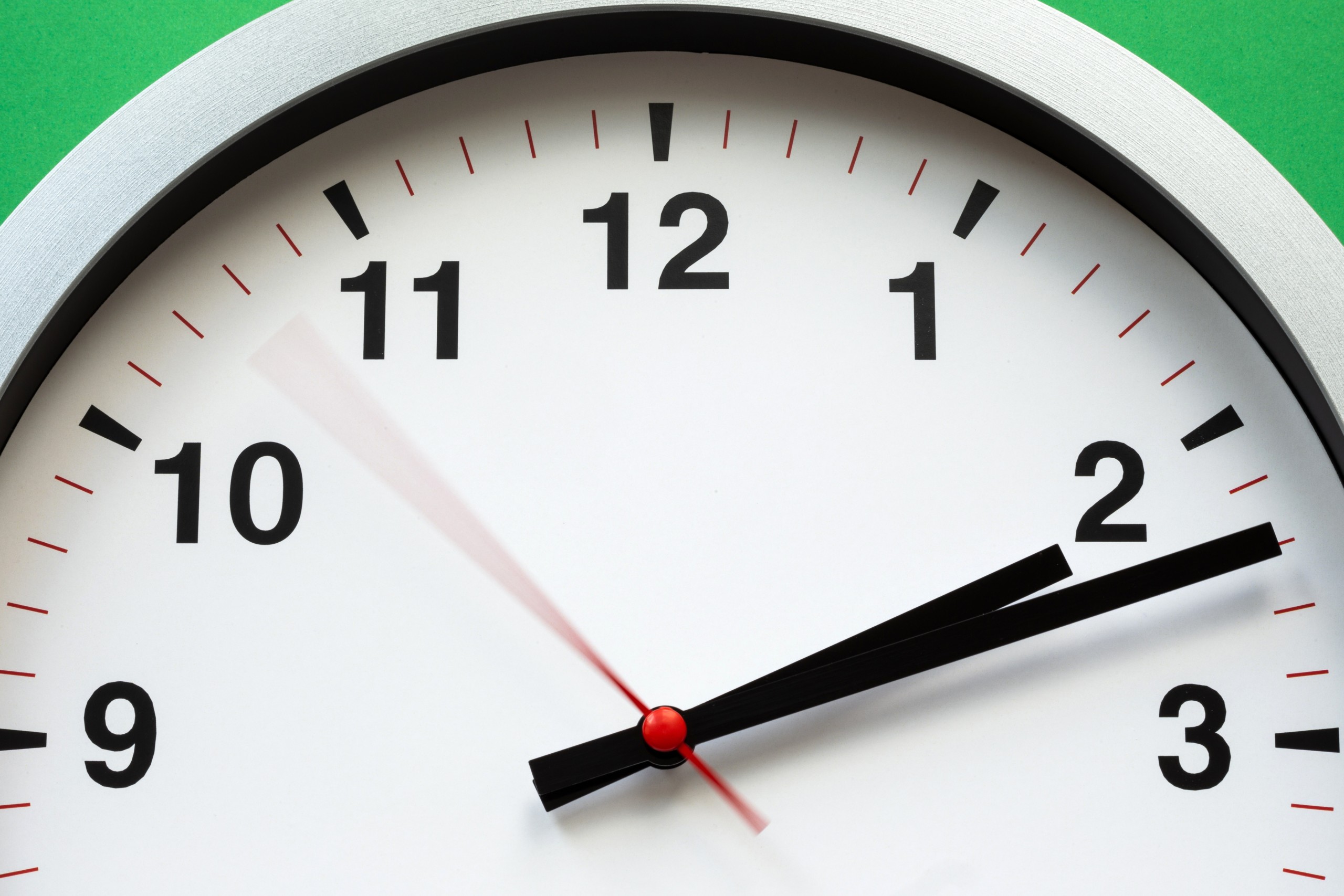Similar to CBD, medical marijuana, also known as cannabis, has become a hot topic. On July 1st, 2021, SD passed the law approving marijuana for medical use. A preliminary list of conditions for the use of medical marijuana includes: Acquired Immune Deficiency Syndrome (AIDS) and positive for Human Immunodeficiency Virus (HIV), Amyotrophic Lateral Sclerosis (ALS), Multiple Sclerosis (MS), Cancer pain, Cancer nausea and vomiting, Cachexia or Severe Wasting associated with Cancer, Crohn’s disease, Epilepsy or seizures, Glaucoma, and Post-Traumatic Stress Disorder (PTSD). Other medical conditions may be added under discretion of the South Dakota Department of Health (SDDOH) and State Administrative Rules. SDDOH will be responsible for a medical cannabis program to monitor the use of medical marijuana, covering the preliminary medical conditions. These program criteria include: applicant qualifications, quantity restrictions, card issuance, registration, patient verification, testing criteria, fees, allowance of non-SD resident use, and administrative rules. In contrary to state laws, marijuana is still considered a Schedule I substance federally. On a scale of I to V, schedule I has the highest abuse potential and schedule V has the lowest abuse potential. To put into perspective; fentanyl and hydrocodone are Schedule II. We are unable to confirm the effectiveness, risks, benefits, dosages, drug interactions, and other effects of cannabis in medicine at this point in time, due to lack of studies. Considering physicians practice under federal law, prescribing and recommending medical cannabis would be a violation of federal law and potentiate liability consequences. Despite the discrepancy on state and federal level, the state of South Dakota is proceeding with the approval of medical marijuana. On October 21st, 2021, SDDOH will announce rules, regulations, and the process for obtaining a medical cannabis card.
Chris Stucke

